Types Of Metal Corrosion That Can Be Prevented By Protective Coatings
When metal is involved, the likelihood of corrosion is fairly high. In manufacturing plants especially, metals are vulnerable when they combine with other gases and fluids used in manufacturing processes. Protective coatings can work against corrosion. Among the five types of ITC ceramic coating, there is ITC 213 ceramic coating for metal and spray cement coating that effectively prevents corrosion-prone metals. Know the types of corrosion that occur, and you'll be better able to prevent it in the future.
Galvanic corrosion: A common form of corrosion, galvanic corrosion happens when a conductive path links two metals with different electrochemical charges. When metal ions move from anodized metal to cathodic metal, corrosion occurs. A coating of cement or other protective material would work to prevent the transfer of ions or the condition that causes them to transfer.
General corrosion: Similar to galvanic corrosion, this type of corrosion is also electrochemical. General corrosion occurs as a result of rust, which appears on metal when it is exposed to water. Steel is specifically vulnerable to rust. Spray cement coating protects against moisture, thereby intervening in the oxidizing reaction that creates rust.
Stress-corrosion cracking: Metal components that are put under extreme tension can experience stress-corrosion cracking along the grain boundary. This happens as cracks form and become targets for further corrosion. The stress that causes this kind of corrosion includes cold work, welding, and thermal treatment. A protective coating can help strengthen the metal before it cracks.
Localized corrosion: This type of corrosion occurs when just a small part of a metal component experiences corrosion. As this one part of the component corrodes, it is also put under the stresses and fatigues that the rest of the component experiences. This puts it at greater risk for serious damage.
Caustic agent corrosion: When liquids, solids, or impure gas wear a material down, caustic agent corrosion occurs. The majority of impure gases don't damage metal in dry form, but as they are exposed to moisture they dissolve and form corrosive droplets that are harmful to metal.
If you're worried about a metal component corroding, the best preventative measure is to use spray cement coating or another form of protective coating. This will give your equipment a longer life and prevent costly replacement fees.

